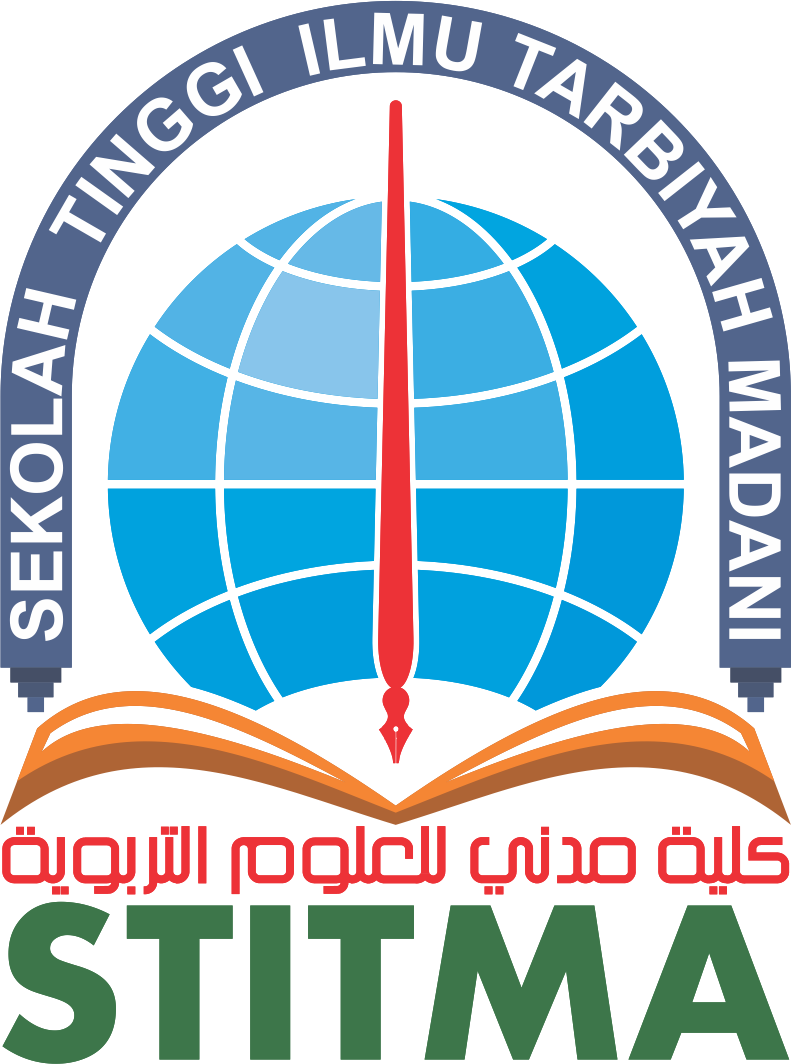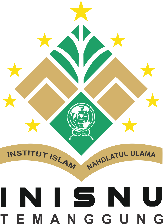The leadership of madrasah principals as change agents in the educational management reform of the merdeka curriculum
DOI:
https://doi.org/10.59944/jipsi.v4i1.447Keywords:
Madrasah Principal Leadership, Change Agents, Educational Management Reform, Merdeka CurriculumAbstract
The leadership of madrasah principals plays a strategic role as change agents in implementing educational management reforms, particularly in the context of the Merdeka Curriculum. This study aims to analyze how madrasah principals initiate, direct, and oversee managerial transformations to ground the principles of the Merdeka Curriculum within the madrasah environment. Using a qualitative-descriptive approach, data was collected through in-depth interviews, participatory observations, and documentation studies in several madrasahs that served as research samples. The results indicate that the transformative leadership of madrasah principals, which is adaptive, collaborative, and visionary, is key in building a free and participatory learning culture. The madrasah principal acts as a facilitator of change, a driver of learning innovation, and a strengthening force in madrasah governance based on the values of moderation and progress. These findings recommend the importance of strengthening the leadership capacity of madrasah principals through continuous training and policy mentoring to effectively and sustainably manage curriculum change dynamics. This article uses a library research method with a descriptive-qualitative approach and thematic analysis to explore the strategic role of madrasah principals as change agents in the implementation of the Merdeka Curriculum. The study is conducted by reviewing relevant literature to identify patterns, concepts, and challenges in transformative leadership and managerial strategies within the context of educational reform in madrasahs. The study results show that madrasah principals play a central role as change agents in the educational management reform based on the Merdeka Curriculum. The transformative and participatory leadership applied includes strengthening planning, developing contextual curricula, managing human resources, and integrating technology. Despite facing structural and cultural challenges, madrasah principals are able to overcome obstacles through effective communication, empowering teachers, and creating an adaptive learning ecosystem to ensure relevant and sustainable educational quality.
References
Adiawaty, S. (2021). Dimensi Dan Indikator Kepemimpinan Dan Budaya Organisasi Yang Mempengaruhi Pemberdayaan. ESENSI: Jurnal Manajemen Bisnis, 23(3), 350–356. https://doi.org/10.55886/esensi.v23i3.217
Apiyani, A. (2024). Transformasi Pendidikan Islam: Kepemimpinan Kepala Madrasah Dan Implementasi Supervisi Efektif. IHSANIKA: Jurnal Pendidikan Agama Islam. https://jurnal.stikes-ibnusina.ac.id/index.php/IHSANIKA/article/view/1450%0Ahttps://jurnal.stikes-ibnusina.ac.id/index.php/IHSANIKA/article/download/1450/1615
Febrianto, S. E. (2021). Faktor-Faktor Yang Mempengaruhi Kepemimpinan Dan Kerjasama. JMPIS, Jurnal Manajemen Pendidikan Dan Ilmu Sosial, 2(2), 598–609. https://doi.org/10.38035/jmpis.v2i2
Khadijah, I., & Puspita, A. (2023). Reformasi Paradigma Pendidikan: Menuju Pendidikan Merata Dan Bermutu. Jurnal Pendidikan Guru Madrasah Ibtidaiyah, 1(1), 39–48. http://ojs.uninus.ac.id/index.php/JURSHIBYAN/index
Latifah, A., Warisno, A., & Hidayah, N. (2021). Kepemimpinan Kepala Madrasah Dalam Meningkatkan Mutu Lulusan Di Ma Nurul Islam Jati Agung. Jurnal Mubtadiin, 7(2), 72–81. http://journal.an-nur.ac.id/index.php/mubtadiin/article/view/99
Ledia, S. L., & Bustam, B. M. R. (2023). Implementasi Kurikulum Merdeka Dalam Meningkatkan Mutu Pendidikan. Reslaj : Religion Education Social Laa Roiba Journal, 6(1), 790–816. https://doi.org/10.47467/reslaj.v6i1.2708
Mitrahardjo, M. (2020). Peranan Kepemimpinan Kepala Madrasah dalam Mengimplementasikan Konsep Manajemen Berbasis Sekolah (MBS) Untuk Meningkatkan Mutu Pendidikan (Studi Kasus di Madrasah Aliyah Syawaifiyyah Jakarta Utara). Jurnal Tahdzibi: Manajemen Pendidikan Islam, 5(1), 19–32. https://jurnal.umj.ac.id/index.php/Tahdzibi/article/view/6235%0Ahttps://jurnal.umj.ac.id/index.php/Tahdzibi/article/download/6235/4029
Moleong, L. J. (2014). Metode penelitian kualitatif edisi revisi. In Bandung: PT Remaja Rosdakarya.
Mufidah, N. Z., & Syafi’aturrosyidah, M. (2023). Dimensi Kepemimpinan Transformatif. MAANA: Jurnal Pendidikan Islam Anak Usia Dini, 2(1), 14–33. https://doi.org/10.52166/mjpiaud.v2i1.4742
Nasir, M., K, B., & Shaleh, M. (2021). Tipe Kepemimpinan Demokratis Kepala Madrasah Dalam Meningkatkan Kompetensi Profesional Guru. Journal of Islamic Education Management, 6(1), 37–50. http://ejournal.iainpalopo.ac.id/index.php/kelola/article/view/1832
Parker, S. T. (1979). General and Theoretical: Mind in Society: The Development of Higher Psychological Processes . L. S. Vygotsky . American Anthropologist, 81(4), 956–957. https://doi.org/10.1525/aa.1979.81.4.02a00580
Rizki, N. J., Yurna, Erviana, R., Nurafifah, S., & Babullah, R. (2023). Metodologi Studi Islam (Perspektif Arkoun dan Ibrahim M. Abu Rabi). Jurnal Pendidikan Indonesia (JOUPI), 1(3), 147–159.
Rosyidi, U. (2020). Merdeka Belajar ; Aplikasinya dalam Manajemen Pendidikan & Pembelajaran di Sekolah. Seminar Nasional Pasca Sarjana UNJ, 35. https://pps.unj.ac.id/wp-content/uploads/2020/03/Merdeka-Belajar-UNJ-proses.pdf
Wati, D. P., Wahyuni, N., Fatayan, A., & Bachrudin, A. A. (2022). Analisis Kepemimpinan Kepala Sekolah di Sekolah Dasar. Jurnal Basicedu, 6(5), 7970–7977. https://doi.org/10.31004/basicedu.v6i5.3684




























